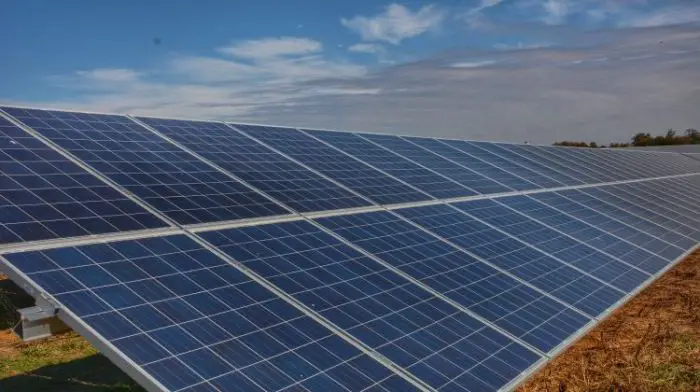Ghana will commence the process to entirely move to renewable energy, President Addo Dankwa Akufo-Addo has announced. He said that the country will issue licenses to new Power Purchase Agreements (PPAs) for only renewable energy.
According to him, this is part of the decision to embrace renewable energy generation meaningfully in the nation’s energy.
“Our strategy is to move Ghana from a dependence on thermal towards renewable energy. We have, therefore, decided that new PPAs will only be signed for renewable energy,” the president declared while opening the Third Development Finance Forum (DFF) planned by the World Bank group.
Also read:Bio Therm Energy to construct 20MW solar plant in Ghana
Owing to the significance of the energy sector in the economy, the president noted that the government wanted to address the energy supply limitations by dealing with the fiscal challenges of the sector, as well as defining a policy framework that would hearten private sector investment.
“We will very soon issue a 2.5 billion U.S. Dollars energy sector bond to retire the legacy debt of the energy sector and make space for amplified investment in the sector,” the president disclosed.
In addition to that, the government has also heartened majority Ghanaian private sector involvement in the Electricity Company of Ghana (ECG), the main supplier of power in Ghana, under the Millennium Challenge Compact with the U.S. government.
Energy limitations lasting over a two-year period contributed prominently to the dulling of economic growth prospects in the West African nation which recognized a 4.8 percent growth in the economy in 2011.
Also read:Safi Sana Ghana Limited transforms waste to clean energy
He told the members drawn from the world bank, development partners and other African nations that Ghana was embarking on a private sector-led industrialization program through the government’s publicized “one district, one factory initiative” and a 100 million dollars incentive package for the restoration of distressed companies.
The theme of the third DFF is “Unlocking Private Investment in the African Markets”.
As a matter of policy, Akufo-Addo said his government had also decided to seek more private sector equity financing for infrastructure projects rather than the historic resort to borrowing and more borrowing that had resulted in the ballooning of Ghana’s debts.
Managing Director of the World Bank and the World Bank Group’s Chief Financial Officer Joaquim Levy said the purpose of this year’s DFF, which is to come out with creative and concrete ideas to unlock and spur private investment in the African market, would not happen without alignment of public and private interests.
“Once again, there is so much potential in Africa, yet this potential has not fully been realized yet because of some challenges some countries face in attracting investment, which is critical to achieve our Sustainable Development Goals (SDGs) and also the World Bank’s twin goals of eliminating extreme poverty and sharing prosperity,” Levy observed.
Ghana is the first country hosting the DFF after the first two were held in Rotterdam (2015) and Dublin (2016).
